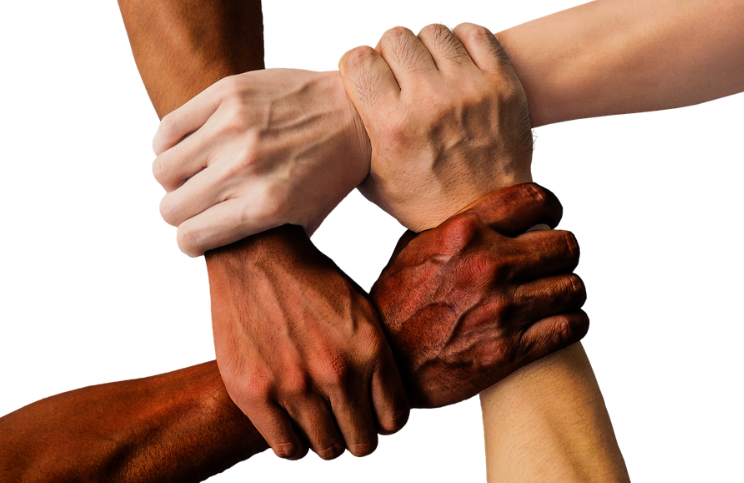
Discrimination should now be allowed
Een ander en controversieel geluid kan voor de meningsvorming best nuttig zijn ervan kennis te nemen. Zelfs als je je mening geeft op basis van een bizar bewijs. Zoals dat de aarde plat is, omdat het plat aanvoelt en je anders moet geloven, dat het rond is, omdat anderen dat zeggen. Maar als een mening wordt geuit zonder begin van bewijs, dan kan je het beste schouderophalend ervan weglopen. Tenzij de mening volgens de grondwet discriminerend is. En dat vindt de rechter in de zaak Blommestijn (NRC 6/12/24 Presentator Raisa Blommestijn krijgt tachtig uur taakstraf voor groepsbelediging en smaad). Dat komt met name door de duiding ‘negroïde primaten’ en ‘dit volk’. Niet om het gedrag aan te kaarten, maar om aandacht te geven aan de huidskleur van een groep mensen. Blommestijn gaat in hoger beroep, waarmee zij aangeeft geen enkel probleem te zien in het bezigen van deze termen. Dat hoger beroep is goed, omdat daarna de hoogste rechter maar eens duidelijk een streep moet trekken.
Blommestijn mag blij zijn, dat zij – gelukkig – nog steeds de vrijheid heeft om donkere gedachten te hebben, zoals ‘discriminerend’ te denken; maar de vrijheid om zich discriminerend uit te laten heeft zij niet. Wat zij en velen met haar, zoals Ongehoord Nederland, met de vrijheid om termen als ‘negroïde primaten’ en ‘dit volk’ in het openbaar te bezigen eigenlijk willen zeggen, is dat discriminatie gewoon moet mogen.
A different and controversial sound can be useful to take note of in order to form opinions. Even if you give your opinion based on bizarre evidence. Such as that the earth is flat because it feels flat and you have to believe otherwise that it is round because others say so. But when an opinion is expressed without the beginning of evidence, it’s best to walk away with a shrug. Unless the opinion is constitutionally discriminatory. And that is the opinion of the judge in the Blommestijn case (NRC 6/12/24 Presenter Raisa Blommestijn receives eighty hours of community service for insulting a group and defaming them). This is mainly due to the definition ‘black primates’ and ’this people’. Not to address behavior, but to draw attention to the skin color of a group of people. Blommestijn is appealing, indicating that she does not see any problem in using these terms. That appeal is good, because after that the highest court must clearly draw the line.
Blommestijn can be happy that she – fortunately – still has the freedom to have dark thoughts, such as ‘discriminatory’ thinking; but she does not have the freedom to express herself in a discriminatory manner. What she and many with her, such as Ongehoord Nederland, actually want to say with the freedom to use terms such as ‘black primates’ and ’this people’ in public, is that discrimination should simply be allowed.
Ricky Turpijn



